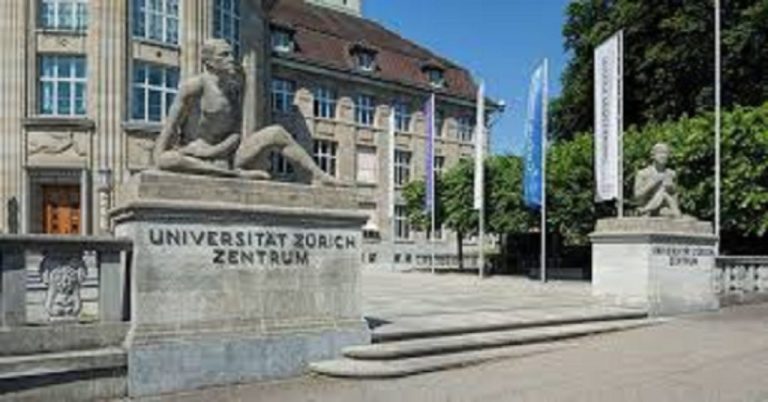
Join us at the forefront of CRISPR method development and evolutionary research at the Genome Engineering and Repair research group at the Max Planck Institute for Evolutionary Anthropology in Leipzig, Germany.
Our focus is on using CRISPR technology to gain a deeper understanding of cellular DNA repair mechanisms and to improve the performance and quality control of CRISPR edits. In close collaboration with the research group of Nobel Laureate Svante Pääbo, we aim to explore the modern phenotype by “Neandertalizing” human stem cells with CRISPR and subsequent comparative analysis to human cells. We are also interested in applying our advances in CRISPR method development in clinically relevant cell types for potential disease treatment.
We have a strong background in stem cells and CRISPR editing and would be very pleased if the candidate could bring a new skill set selected from CRISPR screening, high throughput bacterial cloning, and/or CAR-T and hematopoietic stem cell engineering. The ideal candidate for this postdoctoral position will have a Ph.D. in biochemistry, molecular biology or a related field and experience with CRISPR. We are looking for someone who is self-motivated, can work independently in the lab, has a proven ability to write scientific manuscripts, and is interested in mentoring and supervising Masters and PhD students. Basic R and Python skills are a plus. We have excellent bioinformaticians and population geneticists in our department should you be interested in training in this area.
Leipzig offers a vibrant blend of rich history, affordable living, and a dynamic cultural scene, making it an ideal place to live and work. With its world-class research institutions, green spaces, and excellent connectivity, it provides a perfect balance between professional growth and quality of life.
Here are a few selected papers of what we do:
- Efficient high-precision homology-directed repair-dependent genome editing by HDRobust. (Nature Methods (2023) PMID: 37474806)
- Human TKTL1 implies greater neurogenesis in frontal neocortex of modern humans than Neanderthals. (Science (2022) PMID: 36074851)
- Improved gRNA secondary structures allow editing of target sites resistant to CRISPR-Cas9 cleavage. (Nature Communications (2022) PMID: 35078986)
Postdoc Term: 2 years with potential for extension
Start Date: As soon as possible
Salary: Full-time E13
We look forward to receiving your application! Please send your complete application documents, including cover letter and CV to stephan_riesenberg@eva.mpg.de.
The Max Planck Society and the Department of Evolutionary Genetics at the Max Planck Institute for Evolutionary Anthropology are committed to employing individuals with disabilities and especially encourages them to apply. Additionally, we seek to increase diversity of our workforce in areas where it is underrepresented and therefore explicitly encourage women and members of underrepresented groups to apply.



